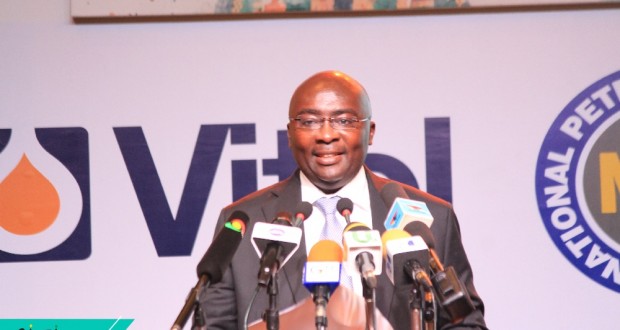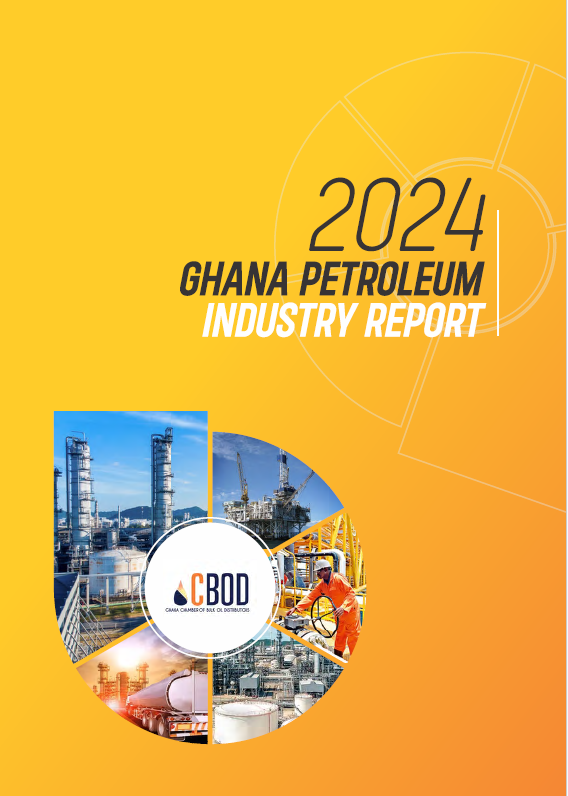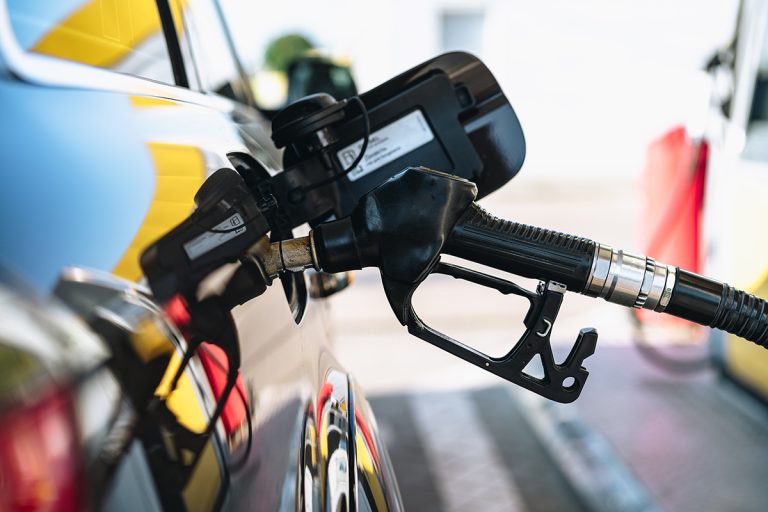Government of Ghana seeks to transform its downstream petroleum sector into what will make the country the petro-chemical hub of the West African sub-region, Vice-President Mahamudu Bawumia announced here on Thursday.
While performing the official opening of the three-day Ghana International Petroleum Conference, Bawumia explained that a petro-chemical hub was the next logical outcome of the country’s deregulation process of the downstream petroleum industry.
“The concept of a petroleum hub is one of government’s strategic anchor initiatives that would serve as a new pillar of growth in the Ghanaian economy,” the vice-president told participants.
The project, he said, would accelerate the growth of Ghana’s petroleum downstream sub-sector and make it a major player in the economy and consequently ensure the development of sustainable value, wealth creation and the progress of industry.
Ghana consumes about 80,000 barrels of finished petroleum products in a day, with a refining capacity of 40,000 barrels per day, out of which real refining is below 25,000 barrels per day.
However, about three million metric tons of finished products are imported into the West African sub-region each month.
The hub project, the vice-president projected, would increase the presence of major international oil trading and storage companies in Ghana.
This will create regional trading champions to encourage joint ventures between local and international companies for knowledge transfer and wealth creation.
He however observed that developing such a hub in Ghana would require an increase in the country’s refining capacity beyond current levels, both to meet domestic demand and for export.
“It is therefore important that our private sector players, especially the Bulk Distribution Companies (BDCs), change their business model to respond to the hub plans, as there would be more products for export than their current model of importing the shortfalls,” Bawumia urged.
The conference, being organized jointly by the Chamber of Bulk Oil Distributors (CBOD), downstream regulator in Ghana, National Petroleum Authority (NPA) and the Ministry of Energy, seeks to collate input from sector stakeholders on how to realize this vision in the shortest possible time.
Senyo Hosi, Chief Executive Officer (CEO) of CBOD, observed in an interview that although West Africa produced a lot of crude oil, it also imported a lot more of finished products, hence the need to determine whether the sub-region was not better off refining its own crude.
“We have to discuss how to fund the hub. It is a 50 billion dollars hub. Ghana has location that is in our favor. We have political stability in our favor. We have a willing industry but we need to shape policy,” he added.
Hosi pointed at the need to let government know what exactly it had to do to bring life to this vision.
As government was prepared to provide only five billion dollars out of the 50 billion dollars needed for financing the project, the CEO urged that government must ensure the creation of the right systems which would attract investments into the project.
–
Source: Newsghana.com





